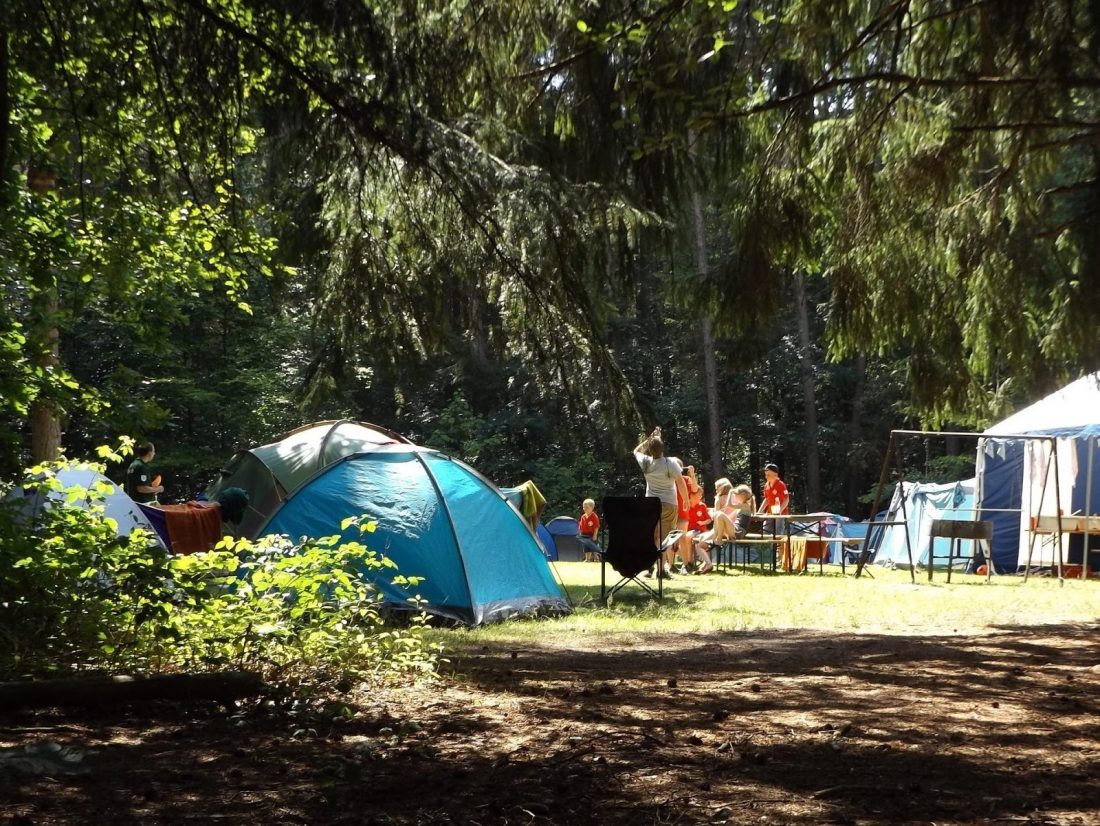Camping is always accompanied by a crackling campfire in the woods. However, sometimes those warm embers may not provide enough illumination. The finest camping lights and lanterns are outdoor gear needs for both seasoned campers and newcomers. Below are some of the important factors you need to consider when looking for the best camping light.

1. Size and weight
Size and weight aren’t usually a deal-breaker, but they might be if you’re trekking into camp. You’ll need a light that fits in your bag and isn’t too heavy to carry while hiking.
Choose a lightweight lantern that folds up into a tiny package if storage and weight capacity are important factors. Many of the best camping lights fold up into little packages and weigh under a pound. The majority of these lanterns are solar-powered, however, battery-powered alternatives are also available.
Even if you’re not going trekking, a small, bright lantern might be useful. Although some gas-powered lanterns may be packed into carrying cases, they are much larger than the other alternatives. They also necessitate more gasoline, which necessitates more packing and lugging. When space is at a premium, smaller is the better option.
2. Brightness
The quantity of visible light output by a lamp or light source is measured in lumens. Bright lights have a high lumen count while dim lights have a low lumen count. In general, the lower the lumen count the dimmer the light.
Because there are no walls or ceilings to reflect light on a campground, you’ll need a lantern that’s powerful enough to illuminate the area on its own. At the same time, you don’t want to cast an unwelcome light on your neighbors’ tents. It is advisable to use a lantern that generates between 400 and 600 lumens.
3. Adjustability
Whether your lantern generates a lot of light, see if the brightness can be adjusted so you may reduce the output and conserve energy. This is a feature seen in several battery-powered choices.
The output of a fuel-burning lantern is controlled via valves. These valves allow you to dim your light to a bare minimum or turn it up to maximum brightness. Some of these lanterns can emit up to 1,500 lumens, which is significantly brighter than you’d need for a late-night game of cards. Comfort and fuel consumption can both benefit from adjustability.
4. Source of Energy
It’s critical to select a lantern with a suitable power source for your needs. Carrying a gasoline-powered lantern and extra fuel will exhaust you if you’re a hiker. A gas or kerosene lamp, on the other hand, maybe ideal for an off-grid cabin.
Batteries and solar-powered lamps are often a good alternative for most campsites. They’re general-purpose lights that emit enough lumens to adequately light most places and pack down little.
Conclusion
Choosing a camping lantern can be daunting. But it doesn’t have to be difficult. Just looking at the fuel sources should give you a good notion of what to search for. Also, go for a water-resistant camping lantern just to be safe in case it rains.




